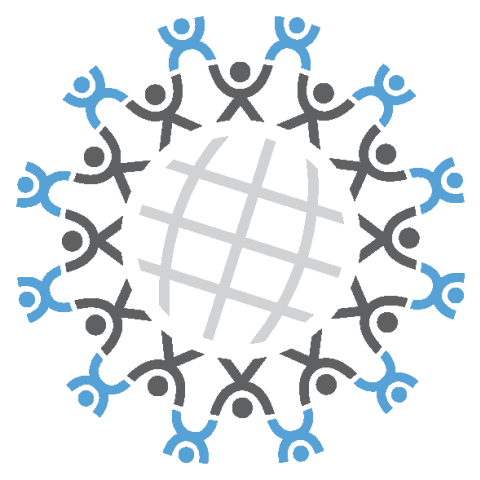Where We Work
See our interactive map



May 5, 2010, Chapel Hill, NC—IntraHealth International has released a free Global Health iPhone App—the first ever—designed to deliver latest news, views and resources on public health initiatives around the world. The app is now available in the iTunes App Store, with an iPad version scheduled for release later this spring.

As part of the Mali Fistula Care Project, IntraHealth recently conducted a training session in fistula counseling at the Gao Nursing School in Northern Mali. The five-day session in March prepared service providers to refer women with obstetric fistula for further care; provide them with necessary information before, during, and after surgery; and advise women on reproductive health (RH), family planning (FP), and sexually transmitted infections.

On April 22, hundreds of colleagues, leaders and supporters from around the world joined global health organization IntraHealth International at the FedEx Global Education Center to commemorate its 30th anniversary of supporting health workers for sustainable, accessible care.



